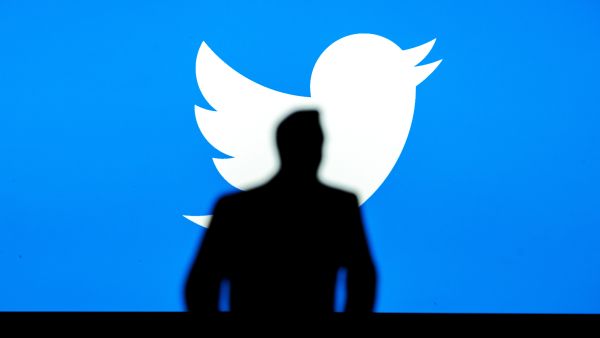ALBAWABA- Twitter has reportedly removed specific protections for transgender people in its hateful conduct policy.
The policy had previously prohibited "targeting others with repeated slurs, tropes or other content that intends to degrade or reinforce negative or harmful stereotypes about a protected category. This includes targeted misgendering or deadnaming of transgender individuals." However, the second line was removed earlier this month according to archived versions from the WayBack Machine. Twitter also deleted a line specifying certain groups, including "lesbian, gay, bisexual, transgender, queer, intersex, asexual individuals and marginalized and historically underrepresented communities," that are more susceptible to disproportionate abuse online.
The change in the hateful conduct policy is one of a series of changes made to Twitter's content moderation practices since Elon Musk took over the company last fall. Twitter has also stopped enforcing its Covid-19 misinformation policy, restored the accounts of users who had previously been banned for violating its rules and allowed users to purchase blue verification checkmarks.
LGBTQ advocacy group GLAAD criticized the hateful conduct policy change in a statement, calling it an example of how "unsafe" the platform is. GLAAD President and CEO Sarah Kate Ellis said that Twitter's decision to roll back LGBTQ safety puts the platform "even more out of step with TikTok, Pinterest, and Meta, which all maintain similar policies to protect their transgender users at a time when anti-transgender rhetoric online is leading to real-world discrimination and violence."
While Twitter did not respond to a request for comment about the policy change, the platform did announce some updates to how it enforces its hateful conduct policy. The company plans to apply labels to some tweets that violate its policy and reduce their visibility, similar to the practice under its previous leadership. Twitter said that restricting the reach of tweets would help reduce "binary 'leave up versus take down' content moderation decisions and supports our freedom of speech vs freedom of reach approach". The company also announced that it would not place ads next to content that had been labeled as violative.







